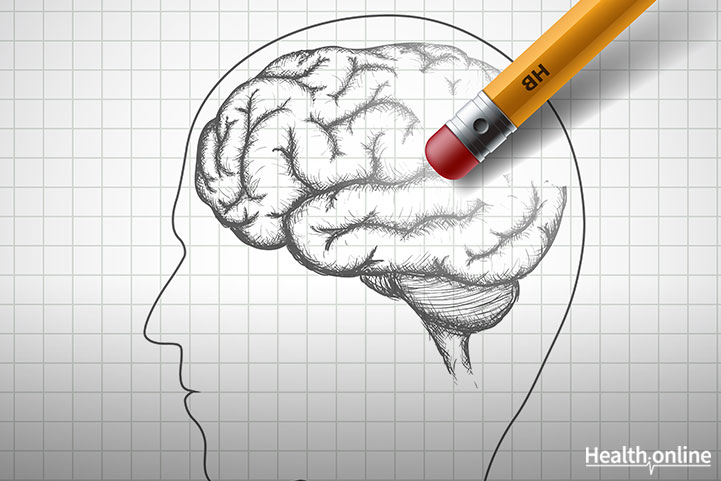
Symptoms of Alzheimer’s Disease
There are many signs and symptoms associated with Alzheimer’s disease. Which symptoms will occur, and when, depends on which of the three major stages of the disease the patient is currently in. These stages are classified as mild, moderate and severe. Because this is a progressive disease, patients begin with mild symptoms and then progress to severe symptoms over time.
When a patient begins to experience signs and symptoms that they are unable to explain, an evaluation by a physician can help to identify this disease.
Mild Alzheimer disease presents with the following signs/symptoms:
- Memory loss.
- Confusion.
- Increased length of time to complete normal daily tasks.
- Difficulty balancing a checkbook or paying bills.
- Impaired judgment.
- Loss of spontaneity.
- Increased anxiety.
- Mood/personality changes.
Examples include, the patient may forget specific conversations or appointments that they would normally never forget. Misplacing keys or other possessions may occur. Getting lost in areas that they have been repeatedly. For example, the patient may have driven from the grocery store to the post office three times a week for the past 10 years – and then the last three times they have gotten lost, and unable to find their way to the post office from the grocery store.
Moderate Alzheimer disease symptoms may include:
- Worsening memory loss.
- Worsening confusion.
- Diminished focus and attention span.
- Inability to recognize certain friends and/or family members.
- Increased difficulty with reading, writing and/or mathematics.
- Increased difficulty with logical thinking.
Patients will likely be unable to learn new things or cope with new situations. Increased agitation, anxiety, and wandering may occur, especially in the late afternoon or night. Patients will begin to repeat the same questions or conversations over and over again. Increased hallucinations, delusions, paranoia or irritability may also be present during this stage of the disease.
Perceptual motor difficulties and loss of impulse control have also been identified in patients within this specific stage of the disease. Perceptual motor issues may include difficulty for the patient moving from the seated to the standing position or vice versa. One example, includes the patient having difficulty sitting in a chair for dinner. Loss of impulse control can be seen through various examples. One particular example includes the patient beginning to undress at inappropriate times and places.
Severe Alzheimer disease symptoms include:
This stage is determined when the patient is no longer able to care for themselves and is no longer able to perform their daily activities. These individuals have progressed to the point that they must have the attention appropriately skilled caregivers in order to survive. Symptoms present within this stage of disease may include:
- Weight loss.
- Difficulty swallowing.
- Moaning/grunting and/or groaning.
- Increased sleeping.
- Seizures.
- Skin infections.
- Loss of bowel and/or bladder function.
- Towards the final stages of this disease, the patient may become bedridden.
Patients must be assessed by a physician to determine which stage of progression the patient is currently experiencing. Each patient is different and should be addressed as such.




